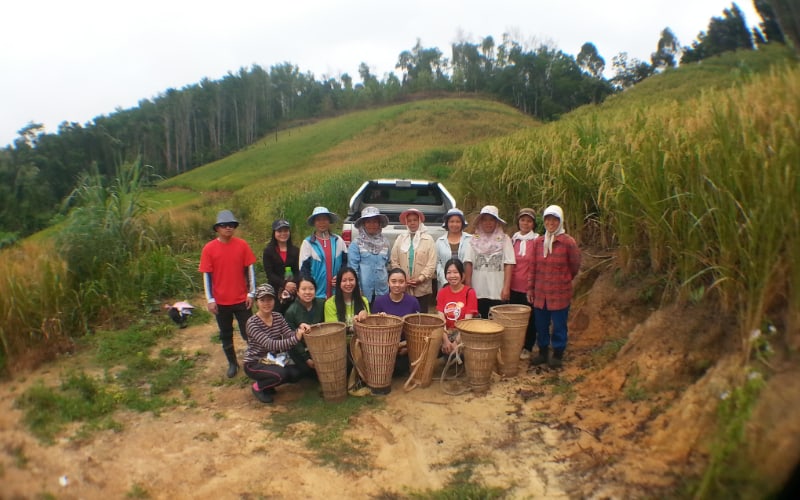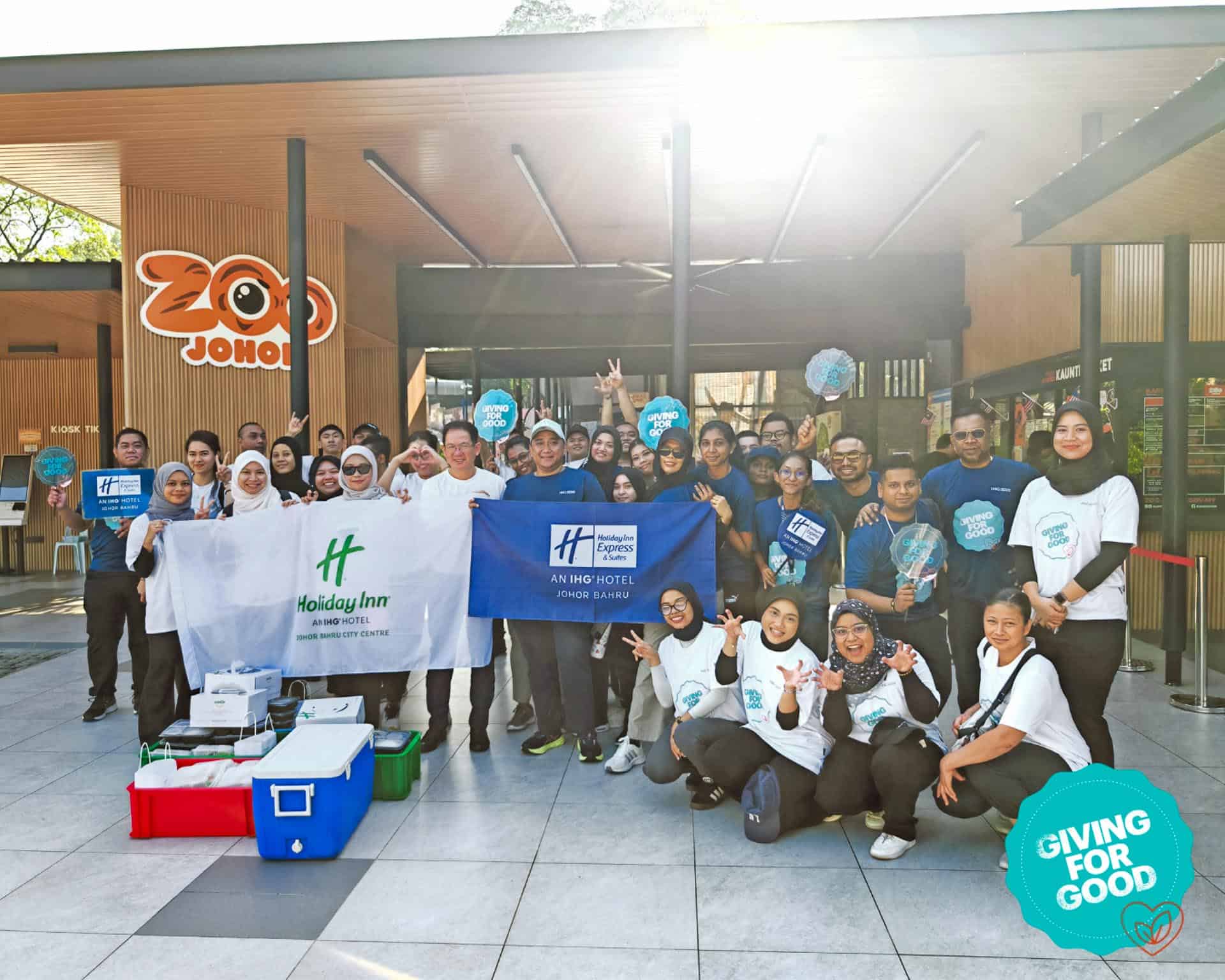
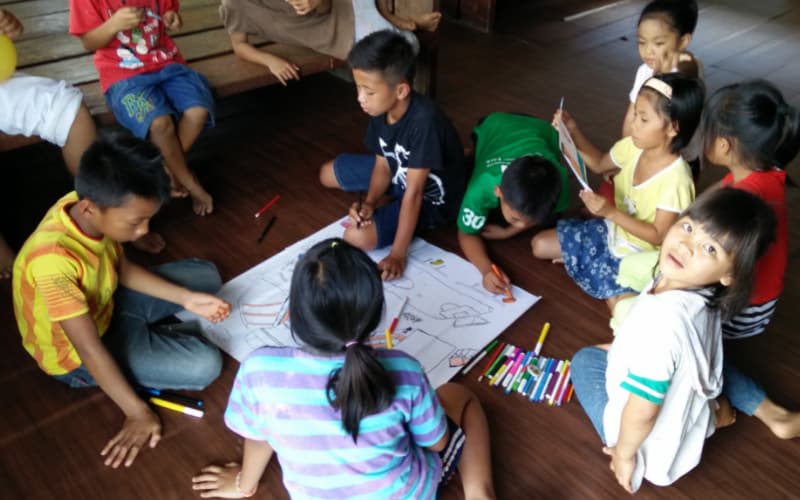
Mention child abuse and what springs to mind is physical or sexual abuse. Often pushed aside are the broader spectrum of verbal or emotional abuse that can have profound and lasting effects on a child’s long-term development and well-being.
Child abuse and exploitations are stark realities that affect millions of children globally. Many cases go unreported. Malaysia is no different.
While Malaysia has made progress in addressing child abuse through legislative measures, much still needs to be done. Many cases are unreported due to a misguided need to “keep it within the family to save face” or a lack of understanding of what constitutes abuse.
Verbal abuse can be a situation as simple as saying words that can harm the child’s sense of self-worth. How often have we heard adults telling a child to his face — “You’re so stupid!”? Repeated often enough and the said child may just start believing such unwarranted declaration.
And, how often have we heard of cases where parents or guardians are unable to provide for their children’s basic needs or that the children are left to fend for themselves even as the adults try to eke a living? While such situations are economic-driven, they are, nonetheless, a form of child abuse. According to the Department of Social Welfare, of the over 6,700 cases in 2022, about 50% fell under the category of neglect.
Harsh as it may sound, such are the challenges faced by government bodies and NGOs seeking to raise awareness on children’s rights and the importance of child protection.
Lydia Lee, Malaysian Programmes and Grants Manager from World Vision Malaysia (WVM), a child-focused NGO said: “Malaysia has come a long way in raising awareness on the issue of child abuse and need for better protection for children. However, it is not something that the Government can undertake alone. All interested private and public stakeholders must join hands to address the challenge before us.
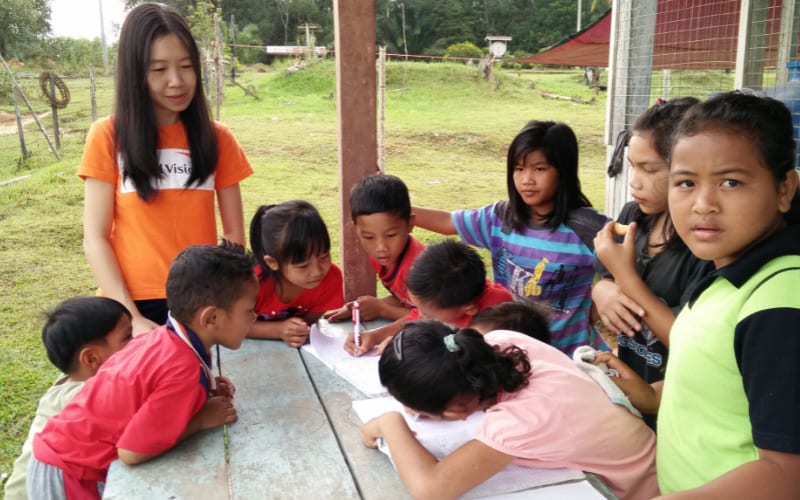
“Grass-root buy-in is crucial. However, broaching the subject of child abuse at grass-root level can be extremely sensitive. We must walk alongside them, be their friend. Only then will we have a chance to have honest dialogue and move forward.
“Building trust is key; trust of the children and adults. The priority is to create a safe environment for children and even adults to open and speak up.”
One of the approaches adopted by WVM is through its positive parenting trainings, one of the many initiatives under its Community Development Programmes (CDP) in Sabah.
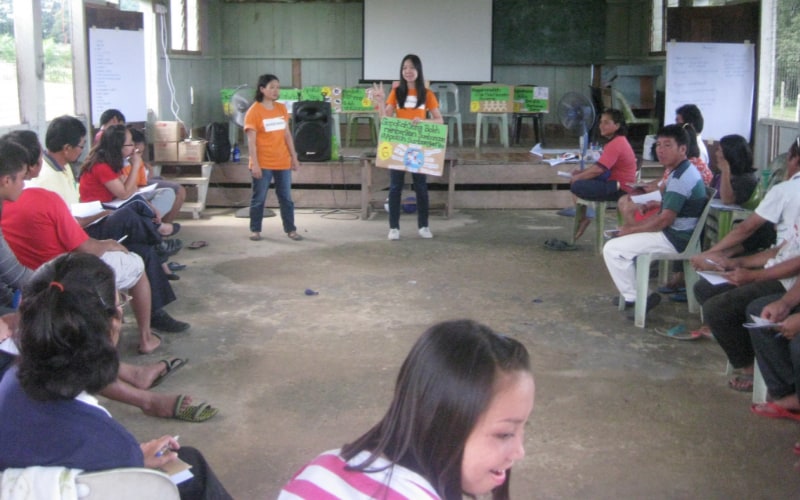
While the key aims of the CDP is to ensure children in rural poor communities are exposed to the importance of education and balanced nutrition, a safe space for the participating children and adults to speak up should they want to is a foundation to achieve these aims.
Additionally, for parents, the CDP promote positive parenting. The programme also exposes them to options that can improve their economic well-being. Once the burden of livelihood is eased, a more conducive home environment will follow.
In all of World Vision’s community programmes, children and parents learn about children’s basic rights, how to protect themselves and where to report should they encounter child protection incidents.
“One of the more complex issues related to child abuse is the subject of child labour. It is still quite commonplace to see a child working to supplement household income. In many aspects this is considered a grey area and, admittedly, it is extremely challenging – for now – to eliminate the practice.
“Having said that, the need for a child to work, typically helping on their parents’ farm, must take into consideration the age of the child and that the work undertaken must not hamper a child’s development, as well as access to education and all other necessities.
“Tackling child labour, which is a form of abuse, requires a holistic approach. Uppermost is tackling the economic factors and social inequalities that contribute to it,” added Lee.
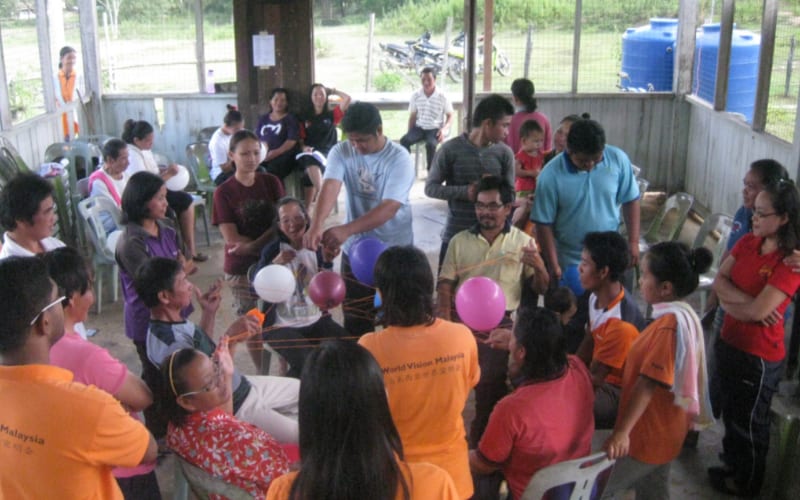
Lee revealed that while progress is being made, NGOs continue to face challenges such as limited resources, coordination issues, community resistance, and the need for cultural sensitivity. “Understanding the communities’ perspectives, addressing harmful practices, and working with influential community members are key strategies to champion the cause effectively at the grassroots level,” Lee commented.
In addition to the various initiatives conducted under its CDP, WVM also organises an annual run called #RunForChildren. The event serves the dual purpose of heightening awareness on child abuse and raising funds. Funds raised go towards child protection initiatives by WVM and its partners in Malaysia and overseas.
Tackling child abuse and promoting child protection in Malaysia requires involvement from a cross-section of society, both private and public. The collective effort to safeguard Malaysia’s future generations is essential to create a society where every child can thrive in a safe and nurturing environment.
